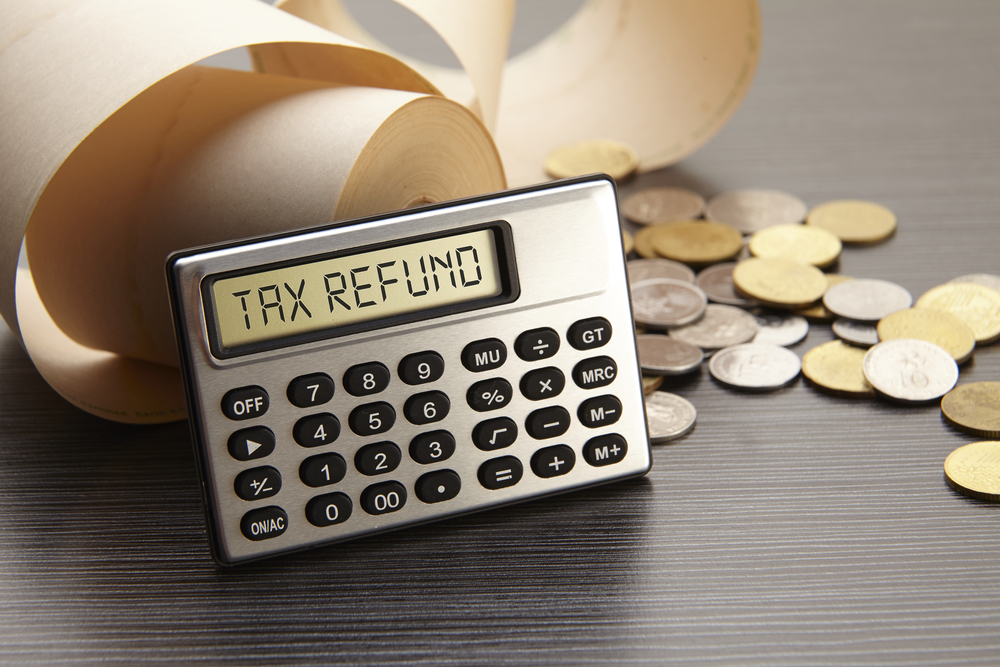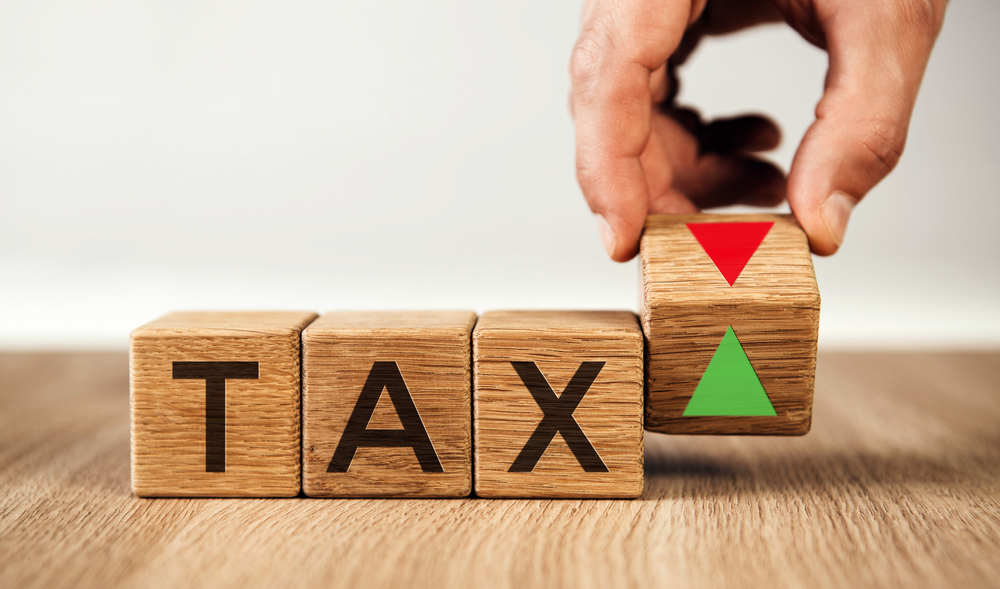Everybody loves the idea of getting a tax refund. And looking for ways to get a tax refund, or to reduce your tax paid to the Australian Tax Office is a primary job for your local tax accountant either in Perth or across Australia generally.
It is important to remember that the simplest way to get a tax refund is to become dodgy and lodge a negligent or reckless tax return. And given the high tax penalties and risk associated with poor tax governance – it is important that family businesses focus on getting a tax refund (or a lower tax debt) while properly considering the tax law.
The following are some of the common ways people can properly undertake tax planning and strategy to increase their tax refund.
Consider the 50% CGT Discount
If you have sold an asset (like a home) you should consider the 50% CGT Discount. If your taxable capital gain on the sale of the asset relates to an asset that you have held for more than 12 months then you might be allowed to exclude half of the taxable capital gain from your tax return.
Sadly the ability to claim the 50% capital gains tax discount is not as simple as described above. If you own the asset in a company, if you have prior year capital losses or if the asset was purchased with the intention of resale you might find that you cannot access the discount.
Contribute to superannuation
The Australian superannuation system is a tax driven model that gives tax advantages to those people who contribute to their superannuation fund (including a SMSF)
In effect if you contribute $10,000 to your superannuation fund as a concessional taxable contribution you could enjoy a tax refund of $4,700. And while the superannuation fund will pay tax on the receipt of that money ($1,500) you can still see that the net benefit ($3,400 for every $10,000) is still tempting.
Of course given the huge tax incentives on offer to contribute to superannuation funds the government also has a range of tax limitations to stop abuse. This could include the concessional superannuation contribution cap, non-concessional contribution cap, the Division 293 tax and co-contribution rebate thresholds. So make sure you get proper tax advice before looking at a superannuation strategy.
Keep a motor vehicle log book
The act of keeping a motor vehicle log book is tiresome for many. And many simple don’t bother to claim their proper tax deductions because they find a motor vehicle log book to difficult.
If you keep a motor vehicle log book you only need to do so for 12 weeks. And it is valid for 5 years unless you motor vehicle use changes significantly (you change careers, move house etc).
The maximum you could claim for car use without a log book is $3,900. And we have seen many claims for over $20,000 with a properly retained tax compliant motor vehicle log book.
Restructure your life insurance
If you pay your life insurance policy personally you will not enjoy a tax deduction for your life insurance premiums. However if you structure your life insurance policy through a superannuation fund your superannuation fund will enjoy a tax deduction for the premiums paid (and you could get a tax deduction for contributing to superannuation).
This strategy does not work for everybody. If you have already contributed the maximum you can to your super fund then you may not find the position as attractive. And if your life insurance company charges more for a policy in a superannuation fund (or even if they allow it) then this also might take away the shine of the strategy.
Further – life insurance paid out to adult children through a superannuation fund can also attract tax on the payment (if it goes to your spouse this should be fine).
Consider your building depreciation
If you own a rental property you might be missing out on tax deductions. The cost of building a rental property can be depreciated while it is generating rental income – and this tax deduction carries over to you even if you have not physically paid to build the home.
Getting a quantity surveyor on an existing property is prudent for many existing rental property owners. The act of identifying how much was paid to build a home, when you did not build it, is especially difficult. And the ATO will allow a licensed quantity surveyor to asset your home – identify the building cost and then prepare a simple schedule outlining how much of a tax deduction you will be able to enjoy (and increase your tax refund!).
Consider your work-from-home deductions
If you are working from home the ATO will allow you to claim the cost of heating and power of your home office while you were working. It is important to remember that the tax deduction from working from home is only the incremental costs of working from home – so the cost of holding onto your home (interest, rates, insurance etc) is not a tax deduction.
If you keep a 4 week diary showing your normal working patterns you will enjoy a tax deduction of 52 cents an hour for working from home (so 10 hours a week will net an extra $250 in tax deductions for a standard 48 week year).
You can also use the actual cost method to claim the work from home deductions. This will require tax invoices, a diary of your actual hours and a log of telephone calls to calculated the private use of your telephone. Practically many clients find this process difficult.
Look at your charitable donations
Not all donations to charities are tax deductible. Some charities are actually not-for-profit entities (like a sporting club) so your donation, while still for the public good, does not actually qualify as a donation to a charity. The ATO has a list of registered tax-deductible charities at www.abr.business.gov.au/tools/dgrlisting
Further, some types of charitable donations, like raffle tickets are not a donation at all. The promise of potentially getting something back (albeit remote) is enough to stop the raffle ticket from becoming a tax deduction.
So potentially redirecting your donations to a tax deductible charity will instantly increase the amount of tax you pay while still allowing you to help the broader community.
When you are looking at ways to reduce your tax it is important to speak to a specialist firm with one sole purpose – helping families that own businesses. At Westcourt our proven tax leadership, international reach and focus on independent only advice means that we are a natural choice for any business orientated family looking to properly manage and structure their tax affairs – so why not give us a call?






